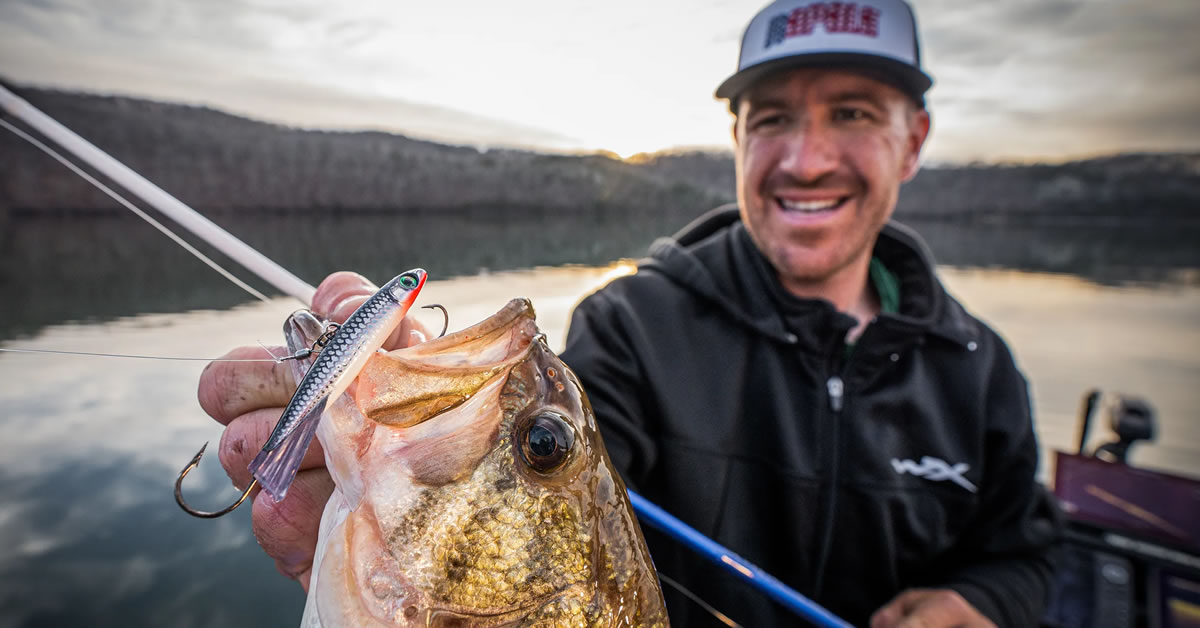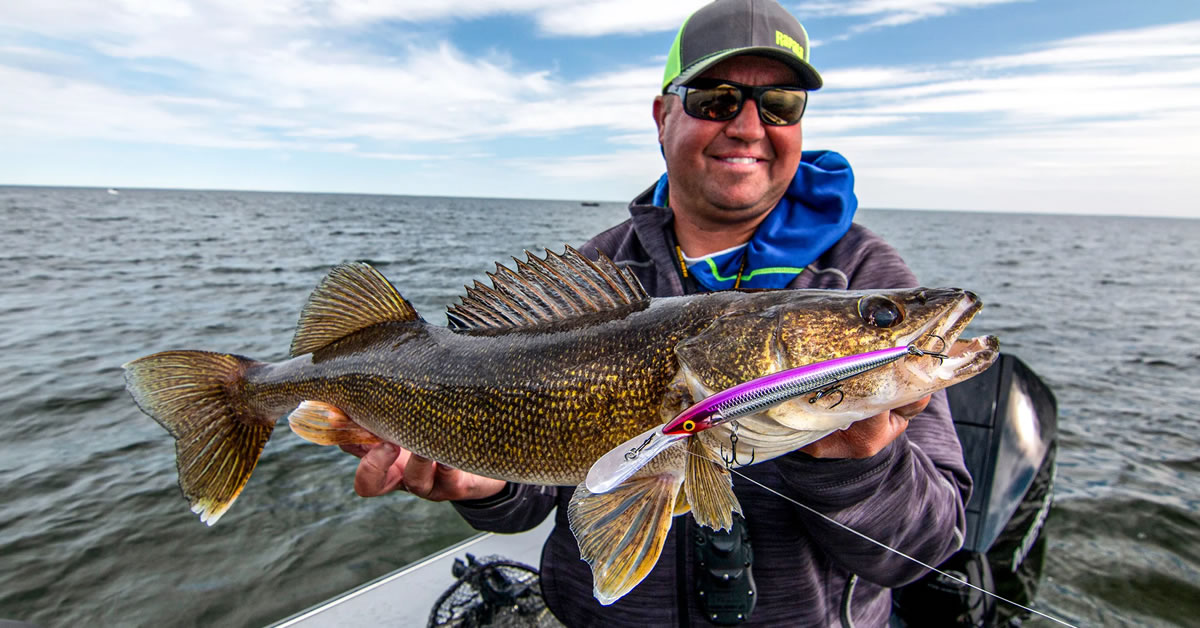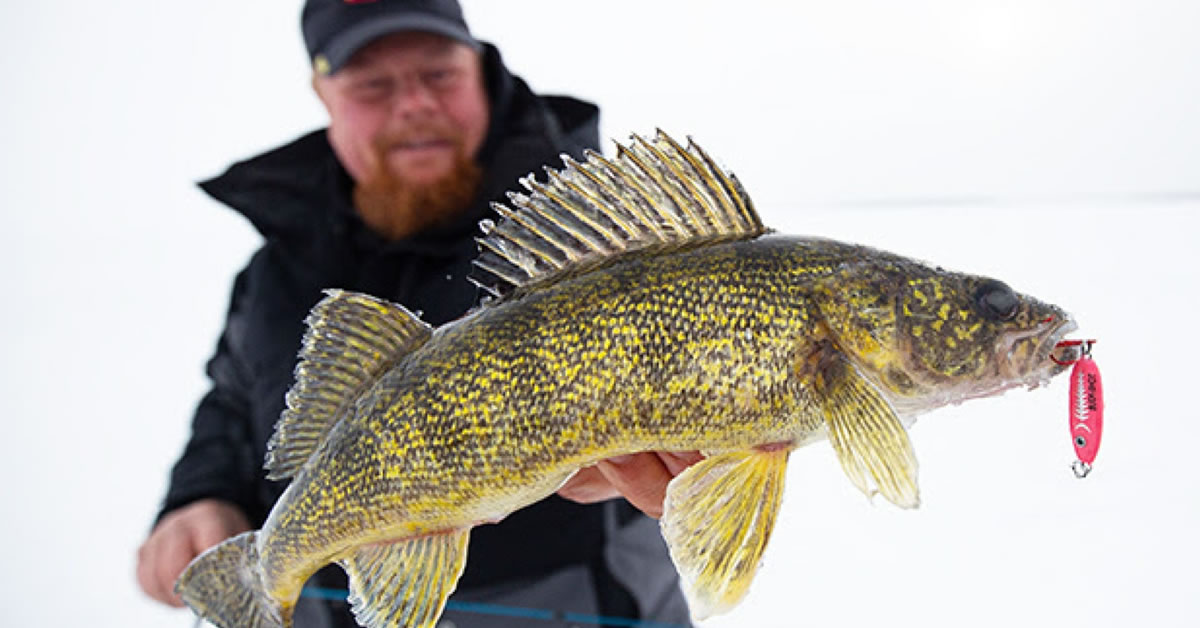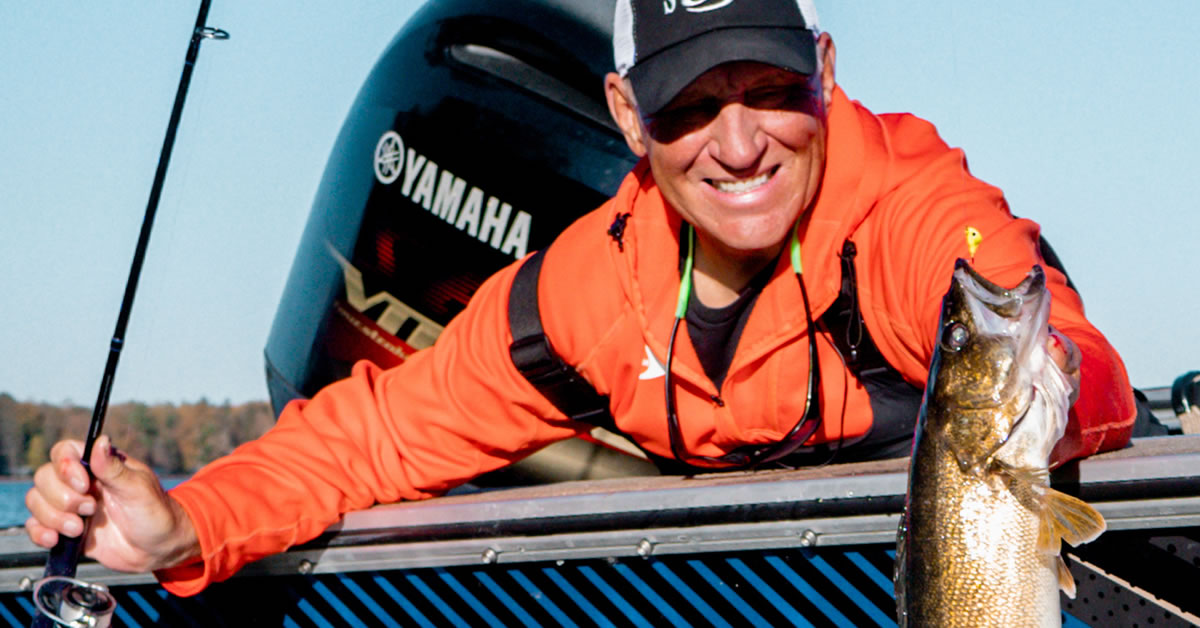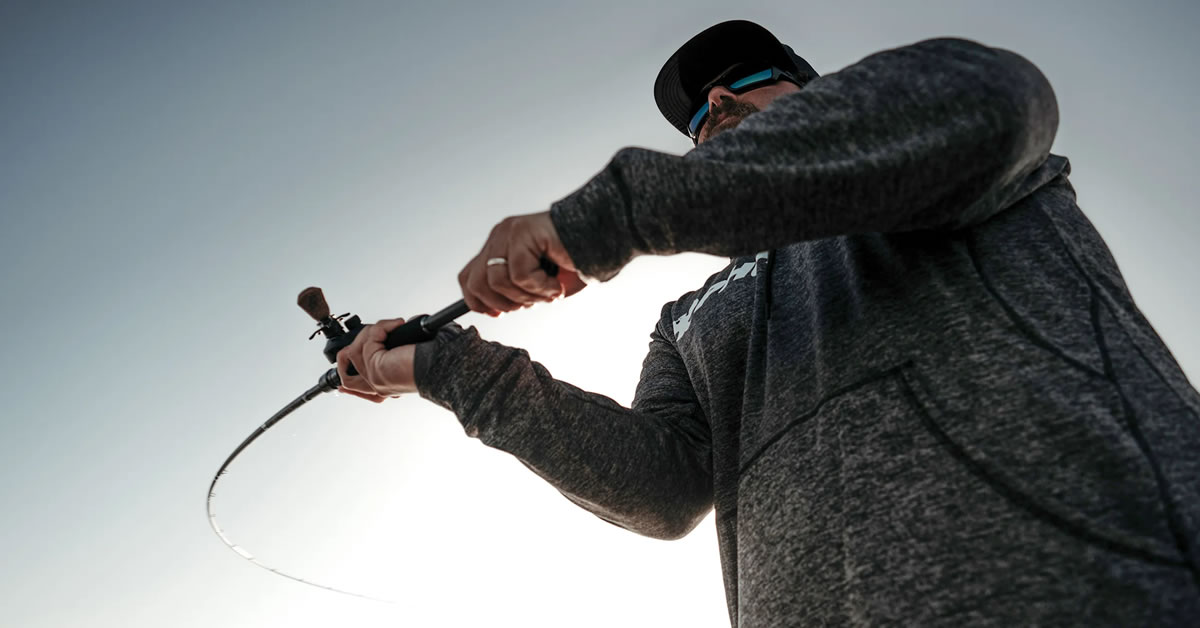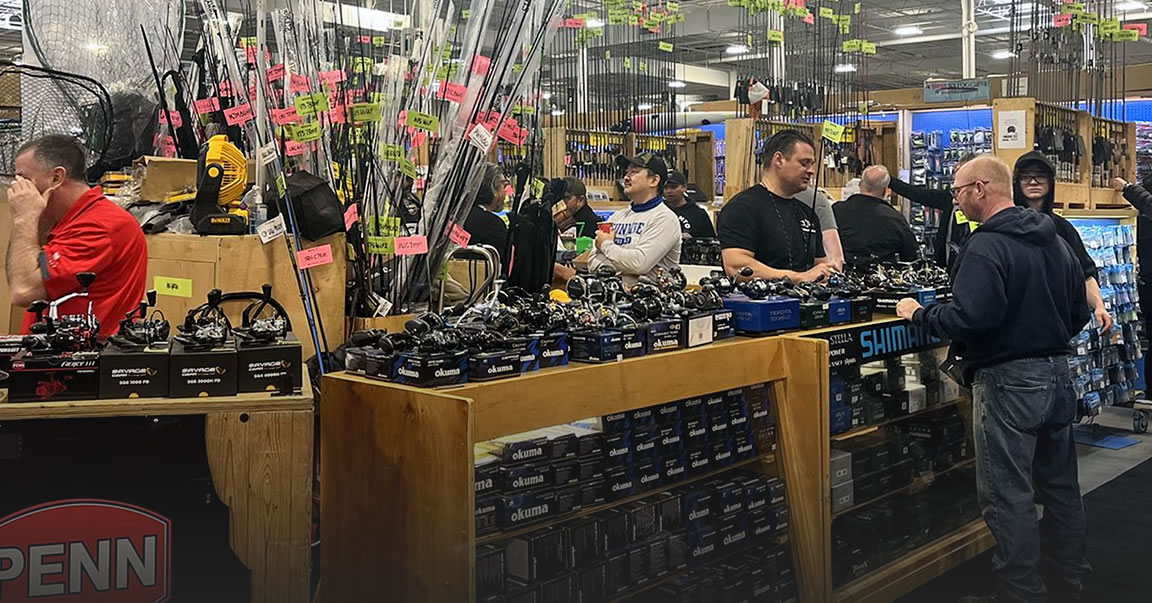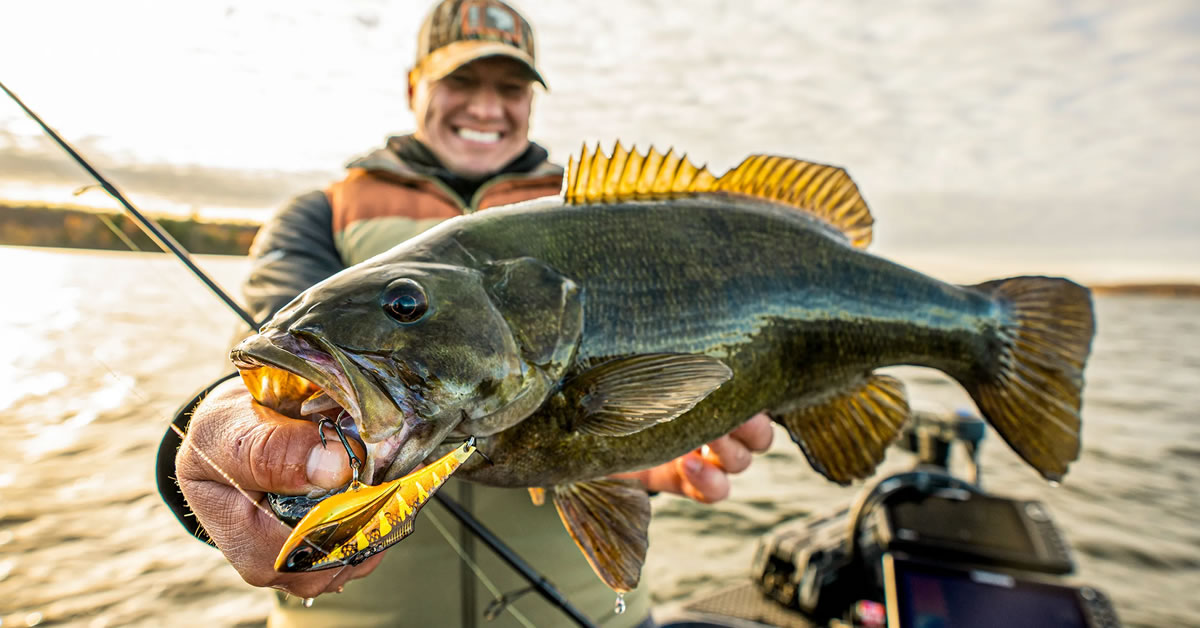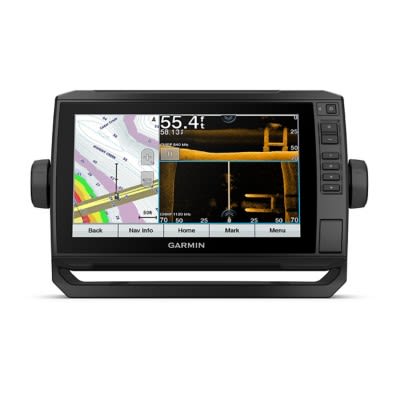Mistakes Anglers Make
Are you the cause of your own bad luck?
by Craig RitchieSome anglers always seem to catch more fish or bigger fish than everyone else.
Successful fishing is always a matter of paying attention to fine details, and a lot of the time, our own failure to connect with fish comes down to mistakes we make out on the water.
This was something that came to me many years ago while staying with friends at their waterfront cottage. A Saturday morning bass tournament really opened my eyes. My friend's dock faced a shallow, weedy bay that opened onto the main lake basin. Sitting on the dock with our morning coffee, we watched multiple boats come and go and it was revealing to see the habits of those who caught fish, and those who did not.
Very early in the morning, the first boat to approach motored directly into the shallow bay, running at full throttle all the way. They killed the motor just short of the weeds, close enough that the boat wake sloshed right through them and crashed loudly against the shore. The two anglers weren't particularly quiet in the boat either, letting the rod locker lid close with an audible thud. They cast along the weed edge for about 20 minutes, and left without a sniff. About a half-hour later, a second boat arrived, did pretty much the same thing, and also left without a bite.

They were also systematic in how they approached the spot. Rather than casting about randomly as the anglers in the first two boats did, these guys were methodical, and far more successful as a result. By being methodical, I mean carefully fan casting so they covered every potential spot. I also noticed they fished at different depths, with one angler working a buzzbait on the surface and his companion using some sort of diving crankbait. Their approach ensured they not only covered different depths, but fished at different speeds as well, with the buzzbait angler firing out probably twice as many casts as his buddy with the slower moving subsurface bait.

Something else I noticed that day was the speed at which the successful anglers fished. Unsuccessful anglers worked their way along fairly quickly, while the successful boats always moved at a snail's pace, sometimes hardly moving at all.
To understand the significance of this, try going for a swim while a buddy fishes nearby. Keep your ear underwater and listen to him fish. With the electric motor on a low power setting, your buddy can sneak right up on you and you won't know it. But with the motor on high, you can hear him coming from 100 yards away. Electric motors may be silent to those of us in the boat, but underwater, they're not silent at all, and especially on high power.
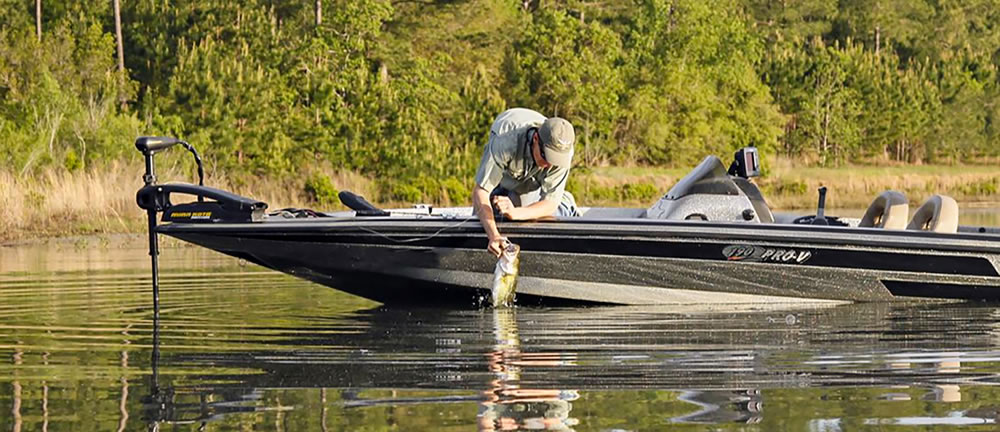
The other benefit to running the electric at low power is you never come up on a spot too quickly and blow over it - or have to hit reverse on the electric and make even more disturbance, spooking the fish altogether.
After a day of watching a variety of angers fish the same weedy bay, it quickly became clear who would catch fish and who would not. Even people who arrived late in the day - after the same spot had already been fished multiple times - still managed at least some action if they approached the spot quietly and made a systematic approach. It was quite a contrast to that first boat of the day, who obviously had first shot at undisturbed fish and completely blew it.
If we're not catching fish, it's usually because we're doing something wrong. Good anglers pay attention to details, starting with being super careful to approach spots quietly and to cover the water carefully with a methodical approach. They fish at different depths, and fish at different speeds. And, they catch fish more consistently as a result.



